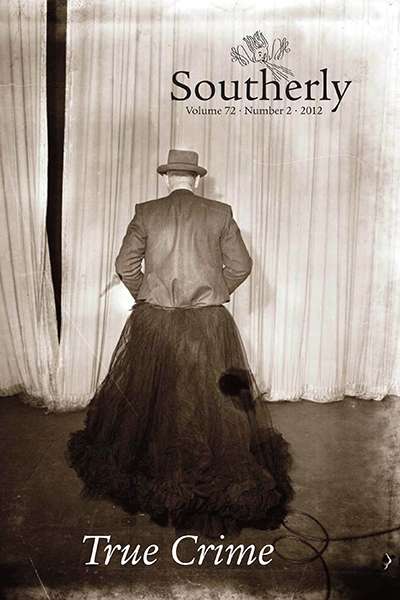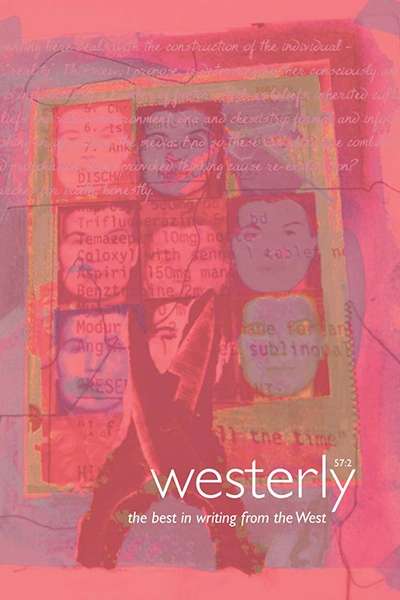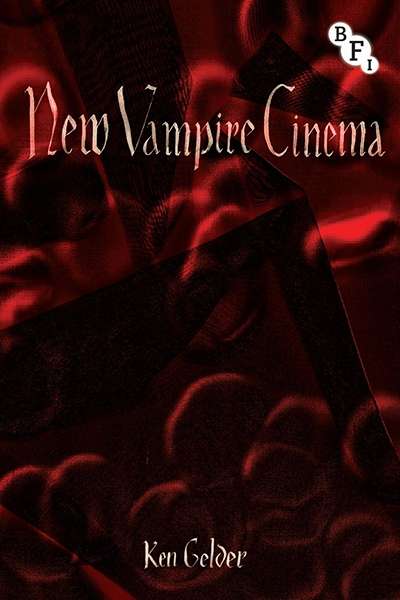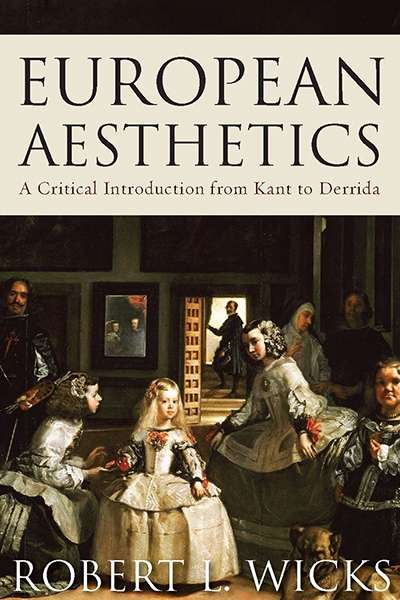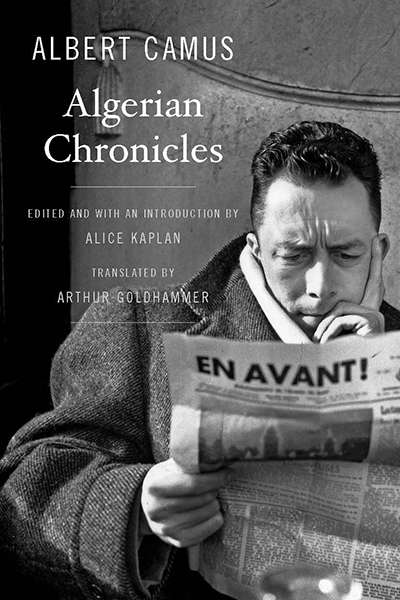Non Fiction
The critical essays collected in this current issue of Australia’s oldest literary journal make for frustrating reading. The theme is true crime, with a focus on the relationship between the sensational and the literary. Topics range from Underbelly Razor to the Jerilderie Letter to Schapelle Corby’s autobiography. Fascinating material, no doubt, but most of the contributions fail to engage and feel more like mutilated book chapters or hurriedly swept-together research notes, characterised by erratic analyses and flabby prose.
... (read more)Westerly Vol. 57, No. 2 edited by Delys Bird and Tony Hughes-d’Aeth
‘Tell me about it: you can trust me. I’m a writer.’ This ‘cautionary joke’ – one of few in this sober volume – cited in an essay by Frank Moorhouse, could be an epigraph for the latest Westerly. Editors Bird and Hughes-d’Aeth asked a selection of writers to share their thoughts on the ethics of writing. The ensuing essays include depictions of the past and of family in non-fiction, and play off each other interestingly. Kim Scott, Tiffany Shellam, and Clint Bracknell reflect on the Indigenous experience of colonisation. Scott offers a letter of sorts to an unnamed prison inmate, the result characteristically self-reflexive. Shellam delves into the archives to deconstruct the ‘friendly frontier’ trope, and Blaze Kwaymullina, in a metaphorically laboured appropriation of an appropriation, builds poems from the rearranged words of colonial archival documents.
... (read more)The myth of the vampire entered into European literature as a Byronic hero of the Romantic era. This attractive but evil character appears to have shifted from peasant folklore into the written culture at the same time that Lady Caroline Lamb described Byron as ‘mad, bad and dangerous to know’. That would be a perfect description for the classical vampire. Although the demonic figure that lives on blood has an ancient pedigree, it is significant that the modern vampire, the one we are familiar with, is parasitic on Christian mythology. The paraphernalia to ward off vampires are such as to give comfort that ultimately the evil of the vampire is powerless against the Good of the Christ. That evil is of central importance to the myth. The vampire is an erotic dream of the desires forbidden by Christian taboos. In most cases the taboo can read as a fear of disease, especially sexually transmitted diseases. In the nineteenth century, this fear of such diseases as syphilis and ‘consumption’ (tuberculosis) was unspoken, but expressed as metaphor. The three classic texts from which most vampirology derives – Polidori’s The Vampyre (1819), Sheridan Le Fanu’s Carmilla (1872), and Bram Stoker’s Dracula (1897) – are all essentially Christian, and erotic, in their symbolism. The descriptions of the symptoms of those infected by the vampire were very familiar to the readers of the day. So for nigh on two hundred years the vampire has roamed our nights striking fear but, at the same time, instilling desire.
... (read more)Desert Passions: Orientalism and Romance Novels by Hsu-Ming Teo
I once fell out with an intelligent, well-read woman who refused to believe me when I said I had never read a Mills & Boon book. I should perhaps have admitted that the job I had as a student, proofreading stacks of popular novels for an Adelaide publisher, put me off them for life. Now I am grateful to Hsu-Ming Teo for educating me so thoroughly on romantic fiction by women in English about the Middle East, which, as she shows, has many fans. Her comprehensive research relieves me of any need or desire to join them.
... (read more)It’s simple. A young woman, her love for her partner slipping away, looks at their suburb, and him, and their relationship, and writes bronze-clad poetry about it. Then she takes to the bush, describing its towns and picking at its history with the same clear eye she uses to examine her lost love. She combines a photographic exactness with a resounding turn of phrase and an ability to use a refrain just enough and no more.
... (read more)European Aesthetics: A Critical Introduction from Kant to Derrida by Robert L. Wicks
It is possible to imagine a culture that treats art merely as decoration, but to inheritors of the European tradition this idea of art’s function is demeaning. We expect great art to express or reflect the spiritual and philosophical preoccupations of our cultural heritage. No system-building philosopher in modern European history would have failed to incorporate an aesthetic theory into his theoretical scheme. Philosophical system-building has been debunked and largely abandoned, but contemporary European thinkers continue to pronounce on art from the perspective of their philosophies.
... (read more)Algerian Chronicles by Albert Camus (edited by Alice Kaplan and translated by Arthur Goldhammer)
On 13 May 1958 a French military junta seized power in Algiers. Choreographed by Jacques Soustelle, the French governor-general of Algeria, in a deliberate plan to bring down the French government, the putsch led to the return to power of Charles de Gaulle, the collapse of the Fourth Republic, and, after four more years of anguish and prolific bloodshed, the end of the colonial war that France had been fighting in Algeria since 1954. At the time of the coup, Albert Camus, who six months earlier had been awarded the Nobel Prize for literature, was about to publish the third volume of his political essays (Actuelles), under the title Chroniques algériennes, 1939–1958. The events made him hesitate, but, hoping to contribute to a future ‘in which France, wholeheartedly embracing its tradition of liberty, does justice to all the communities of Algeria without discrimination’, he determined to proceed with publication.
... (read more)Air Disaster Canberra: The plane crash that destroyed a government by Andrew Tink
On 13 August 1940 a Hudson Bomber travelling from Melbourne crashed near Canberra, killing all ten people on board. Three of the deceased were federal ministers: Geoffrey Street (army minister), Sir Henry S. Gullett (vice-president of the Executive Council), and James Fairbairn (minister for air and civil aviation). Also on board that day was Cyril Brudenell Bingham White, a senior Army officer (chief of the general staff).
... (read more)Simonides of Ceos is said to have declared that ‘Painting is mute poetry, poetry a speaking picture.’ All of us know something of what he means, about our thirst for information from the arts: and, if you like, our scrabbling for the visible within a text. One half of his mirrored pronouncement is verified by those people who, in an art museum, hurry to the curatorial information alongside a picture. They want to discover what the painting is about. But the sought-after ‘aboutness’ keeps slipping away from the viewer, much as the point – but is it a point? – of a poem does.
... (read more)The camera ottica in the epigraph to Hotel Hyperion alludes to Lisa Gorton’s artful play with shifting perspectives in this luminescent collection of poetry. The reader is invited to put her eye to the lines of poetry as if to a Galilean telescope or ‘perspective tube’. By looking at the poems through the peephole as ...
... (read more)
